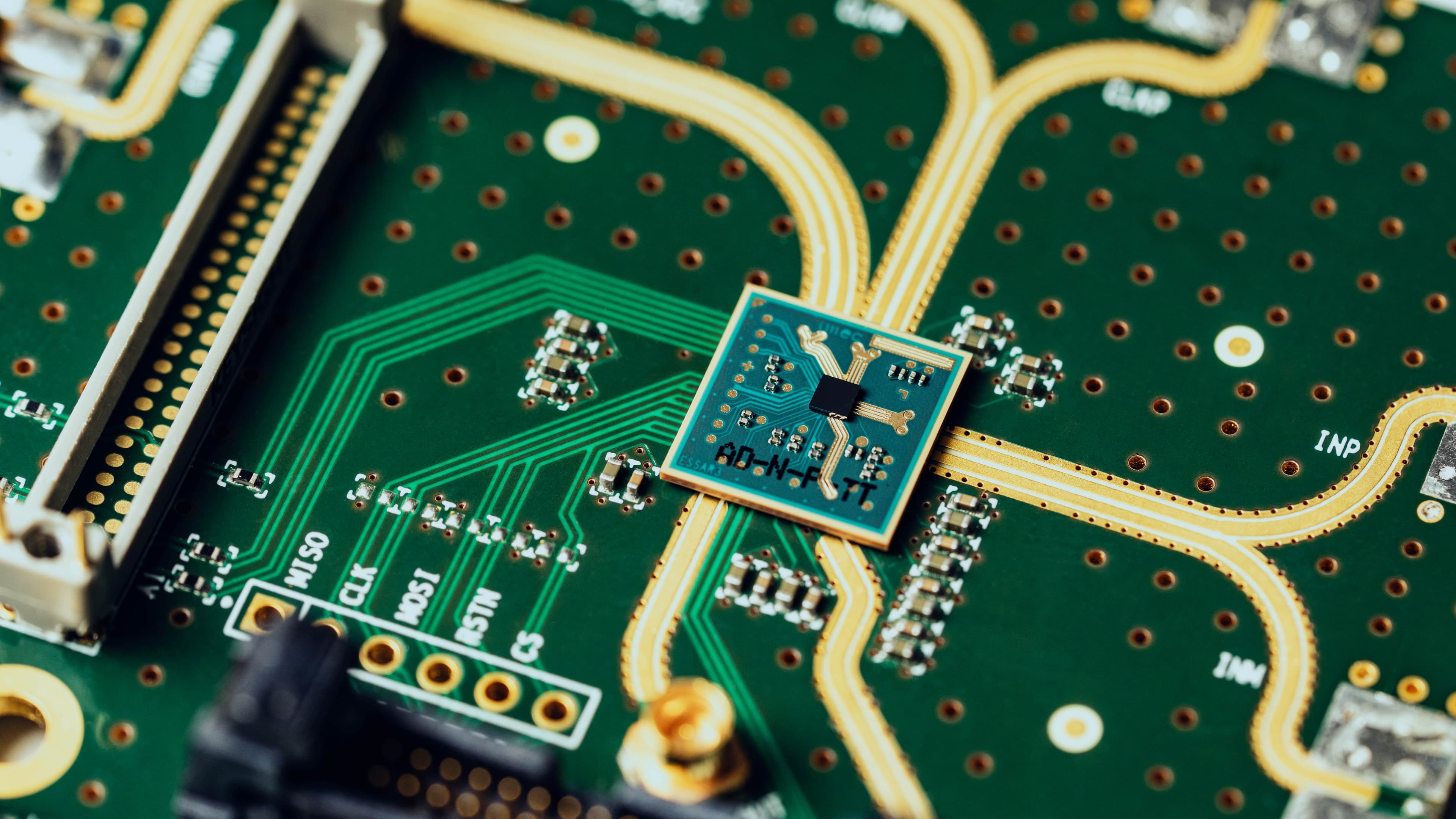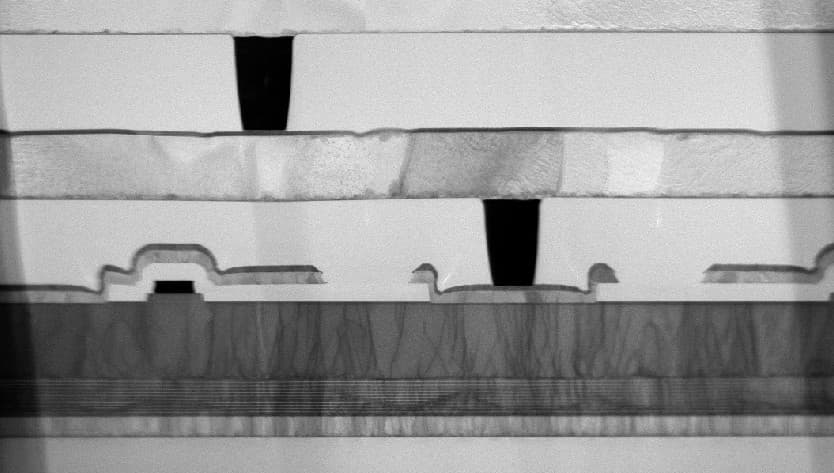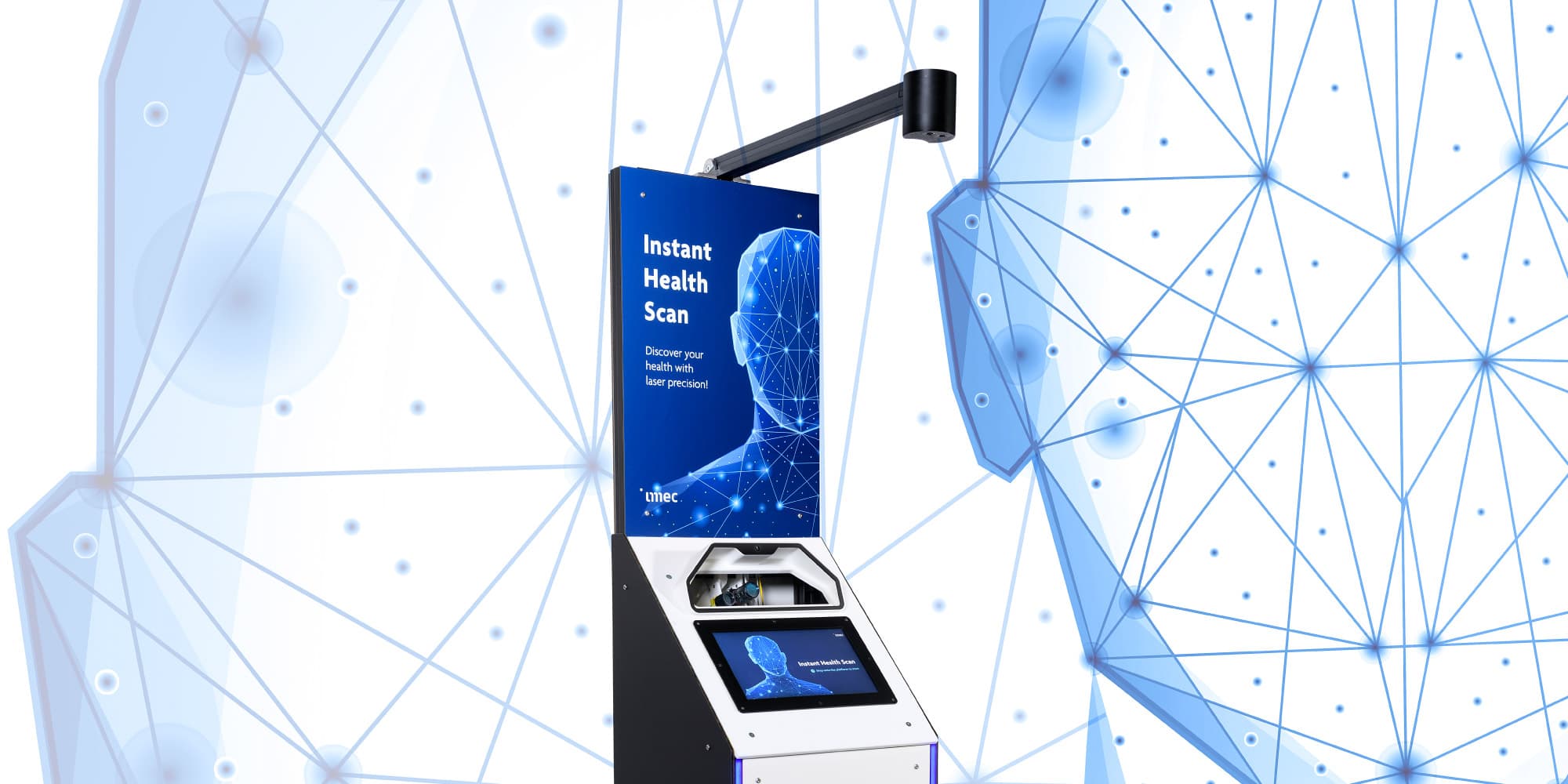Today, production planning is still largely a manual exercise. Yet, research has shown that intelligent scheduling algorithms can help companies reduce operational costs (related to setup time, for instance) by as much as 30%. The key to realizing those savings lays in making near-optimal use of resources (people, machines, etc.) when scheduling production.
Objectives that are commonly built into current scheduling algorithms include cost-driven KPIs such as time. Energy consumption could be another important factor to consider, especially since its costs are rising. But traditional algorithms tend to ignore the complexity that comes with energy consumption and cost. That is the void SENCOM has aimed to fill.
“SENCOM has been a typical example of a demand-driven project,” says Greet Vanden Berghe (imec - KU Leuven) who oversaw the project’s scientific research effort. “Stakeholders in energy-intensive industries had been wondering for years what could be the impact of tuning their production to energy KPIs. But up until SENCOM, no scheduling tool was able to provide them with a satisfactory answer.”
Concretely, SENCOM covered three main research tracks:
- How can energy consumption of machines and assembly lines be accurately measured, without interrupting production processes?
- How can those data be translated into energy and cost models, by correlating data with actual production statistics?
- Based upon that input, is it possible to build optimization algorithms that also take into account energy consumption and cost when proposing production schedules?
The outcomes
1. A controller that collects and presents all data on machines’ energy consumption without having to interrupt production processes
SENCOM’s consortium partner Nervia Plastics opened up its production floor to investigate how data on industrial energy consumption could ideally be acquired. First of all, a study was conducted to assess which sensors are on the market, which ones can work together, and how they could be deployed in an industrial setting easily and (semi)-automatically. Building on that research, industry partners Delta Engineering and Objective built a controller that collects and presents energy consumption data from various sources without having to interrupt production processes. Finally, industry partner Sagility developed a tool that leverages real-time monitoring data from a limited number of assembly lines to simulate energy consumption across a full plant; an important requirement to making things work – as continuous monitoring across a complete plant would have been too expensive in this project context.
2. A model that links energy consumption with production statistics
Researchers from imec - Ghent University converted the captured and simulated data into models that take the cost of production energy into account, thus providing fundamental input for SENCOM’s scheduling engine. It is pretty intuitive, for instance, to immediately start with the production of a second batch of items after the initial production cycle has ended. By taking advantage of the available heat in their ovens, for example, companies can avoid having to heat them up again at a later point in time. In practice, though, this type of considerations is very often not taken into account in bigger, industrial settings.
3. An award-winning energy-aware scheduling algorithm; an algorithm that effectively takes energy cost into account, and that is superior to competitive approaches
The SENCOM project resulted in a scheduling algorithm that effectively takes into account the energy KPI. The scheduling algorithm developed by researchers from imec - KU Leuven won an international challenge at the Constraint Programming 2014 conference in Lyon, and is superior to competitive approaches.
Download Leaflet
5GUARDS
5G qUAlity slicing foR the Deployment of Security services.
5GUARDS is an imec.icon research project funded by imec and Agentschap Innoveren & Ondernemen.
It ran from 01.04.2017 until 31.03.2019.
Project information
Industry
- Delta Engineering
- Nervia Plastics
- Objective
- Sagility
Research
- imec - IBCN - UGent
- imec - WAVES - UGent
Contact
- Project Lead: Erwin Vervondel
- Research Lead: Greet Vanden Berghe
- Proposal Manager: Frederik Cornillie
- Innovation Manager: Ilse Roelants













